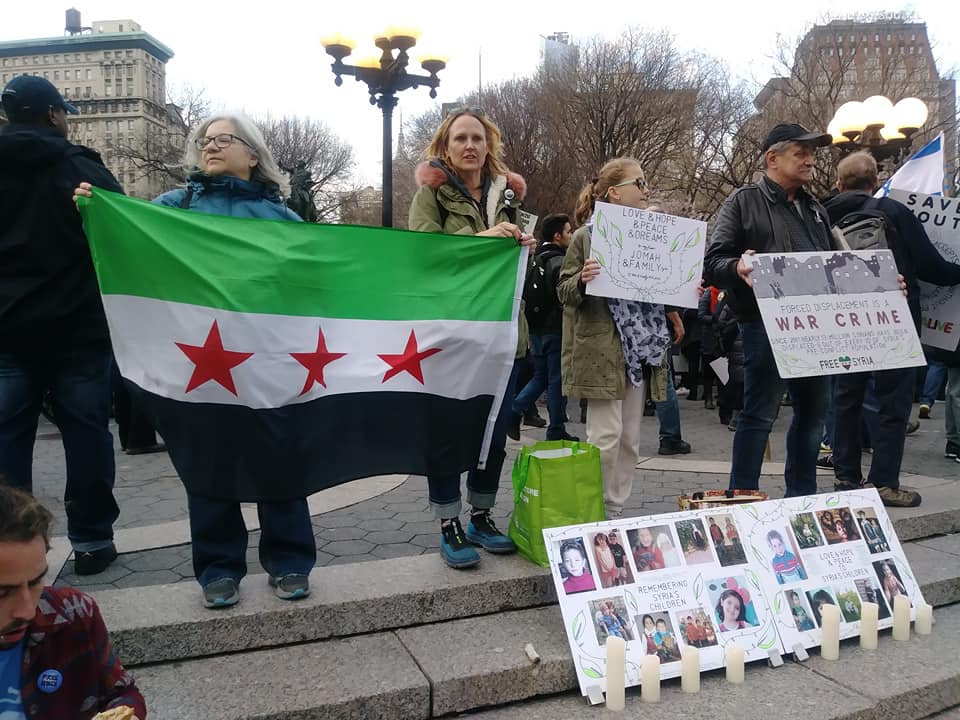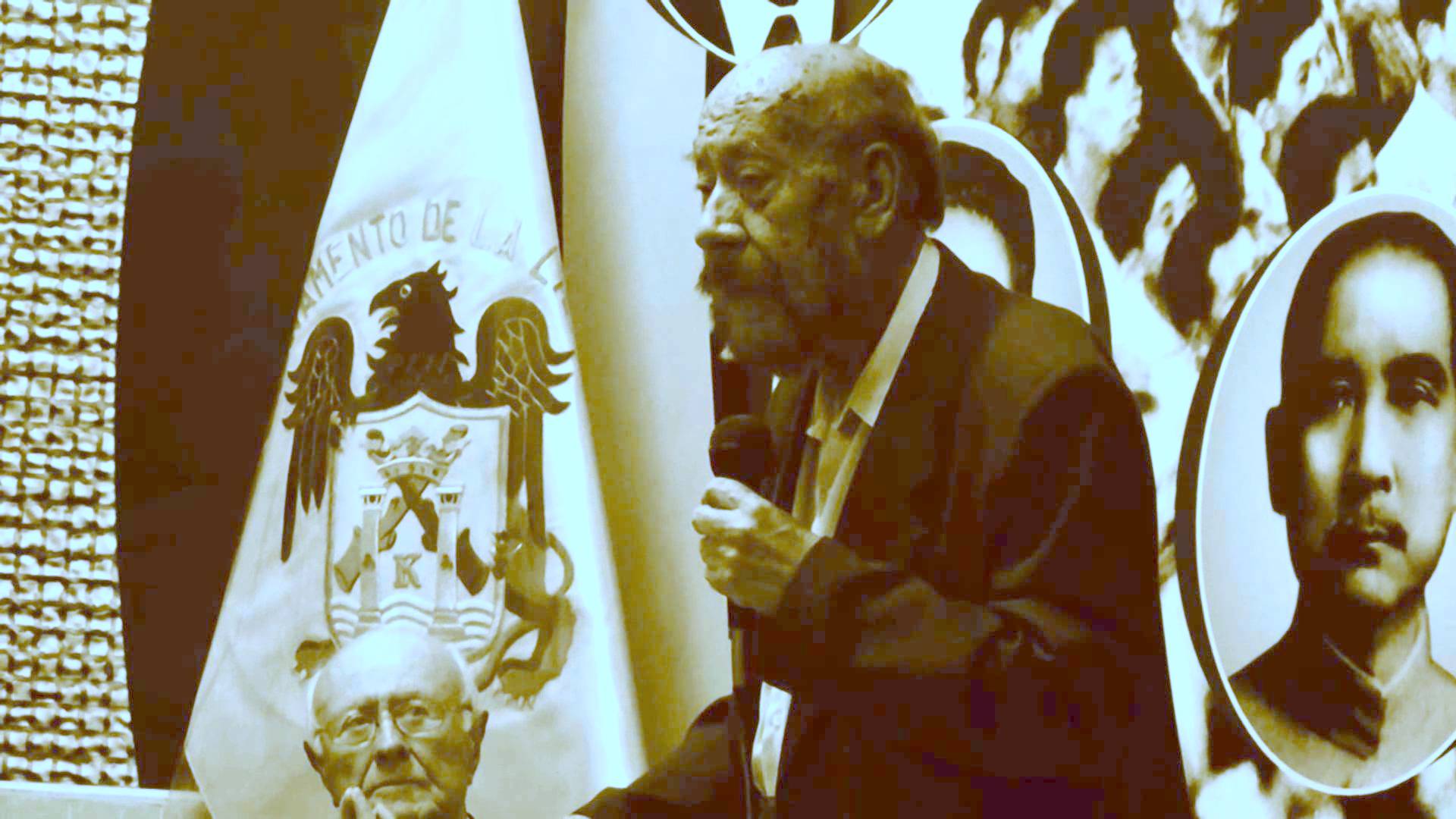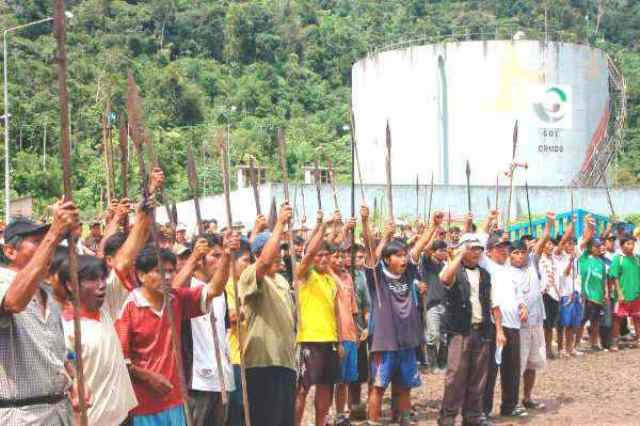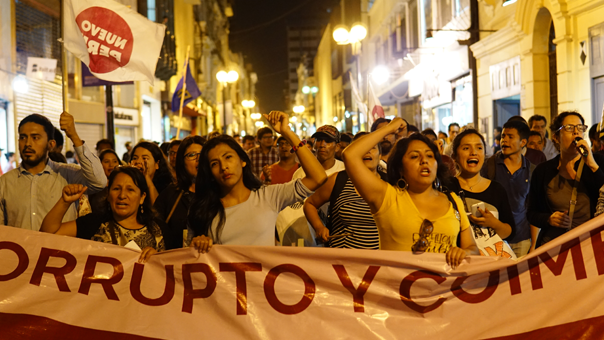The Andes
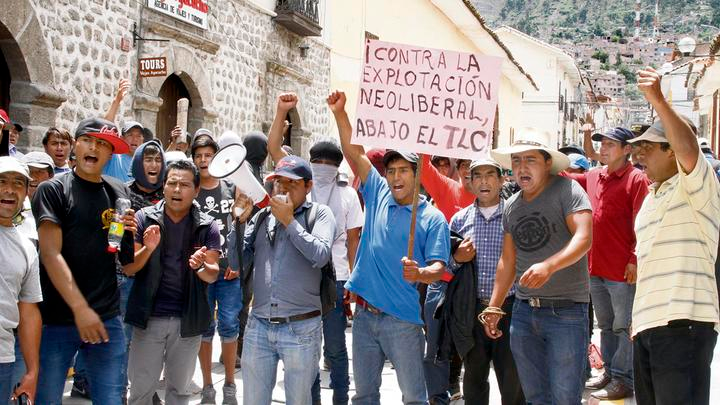
Potato farmers across Peru's sierras blocked roads with their tractors and trucks for weeks, demanding a subsidized distribution system for the staple crop in the face of plummeting prices. The National Commission of Potato Producers (Conapropa) struck a deal with the government, but wildcat protests continued in Huancavelica, Huánuco, Junín, Ayacucho and Arequipa regions. Finally, farmers advanced on Lima in a cross-country motorcade. This forced Conapropa leader Fernando Gutiérrez back to the table, meeting with Agriculture Minister José Arista to strike a better deal. Huancavelica regional governor Glodoaldo Álvarez denied government claims of over-production by farmers, and pointed to massive imports since the 2009 Free Trade Agreement with the US. Farmers at the roadblocks carried banners with slogans such as "¡Abajo el TLC!" (Down with the FTA!). (Photo: La República)
